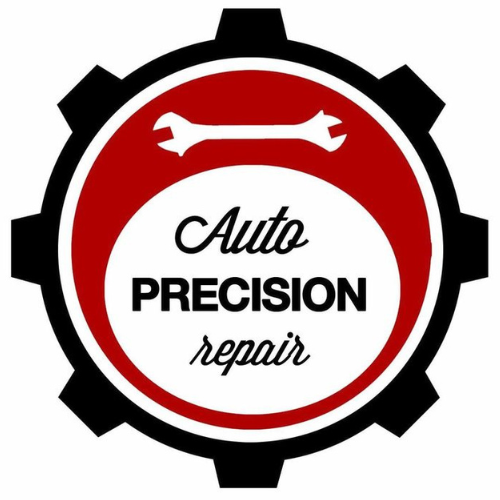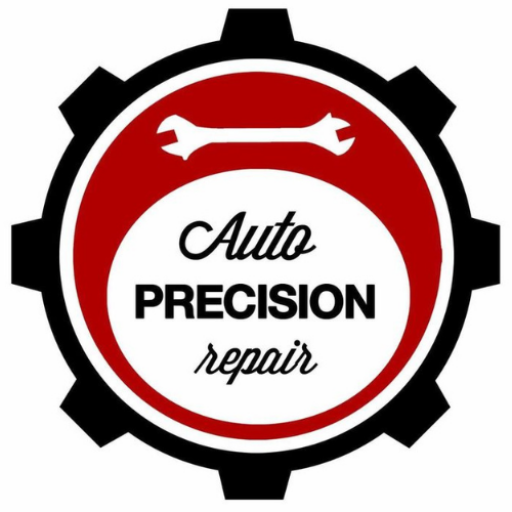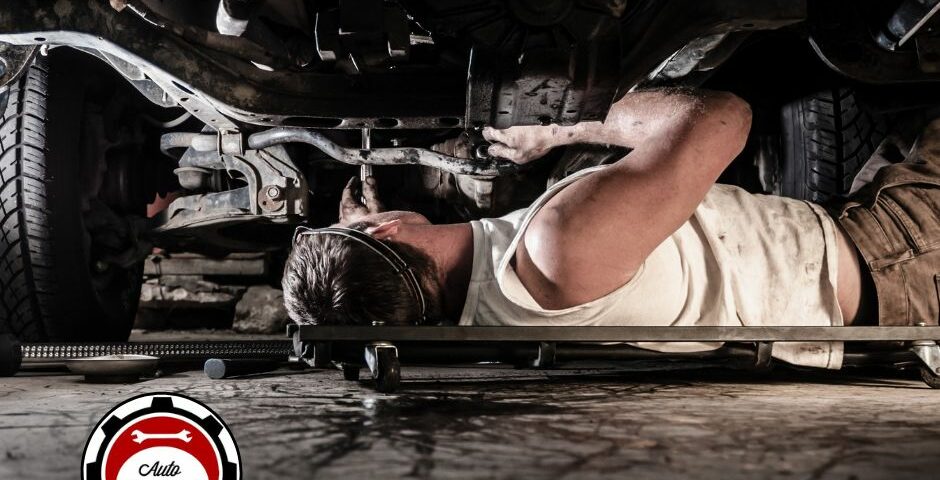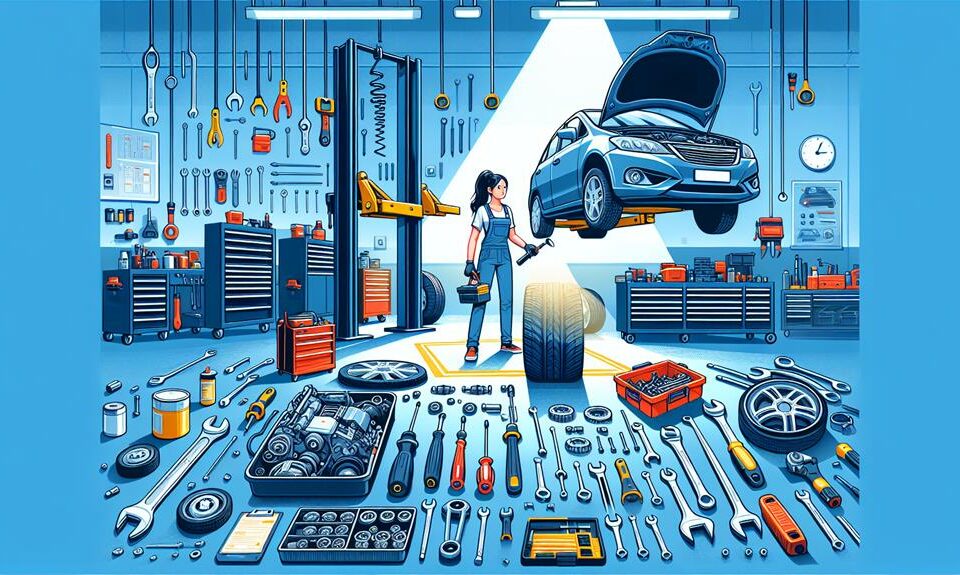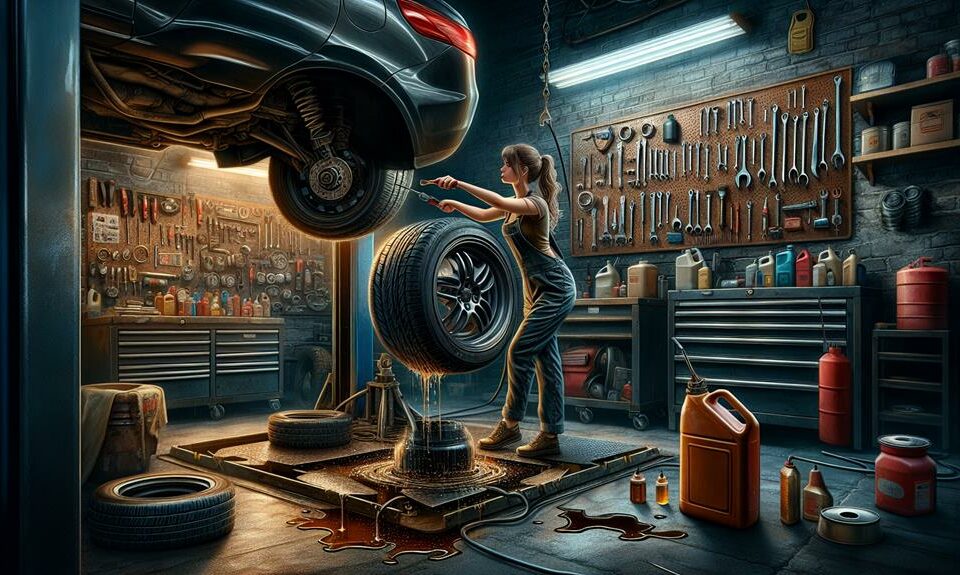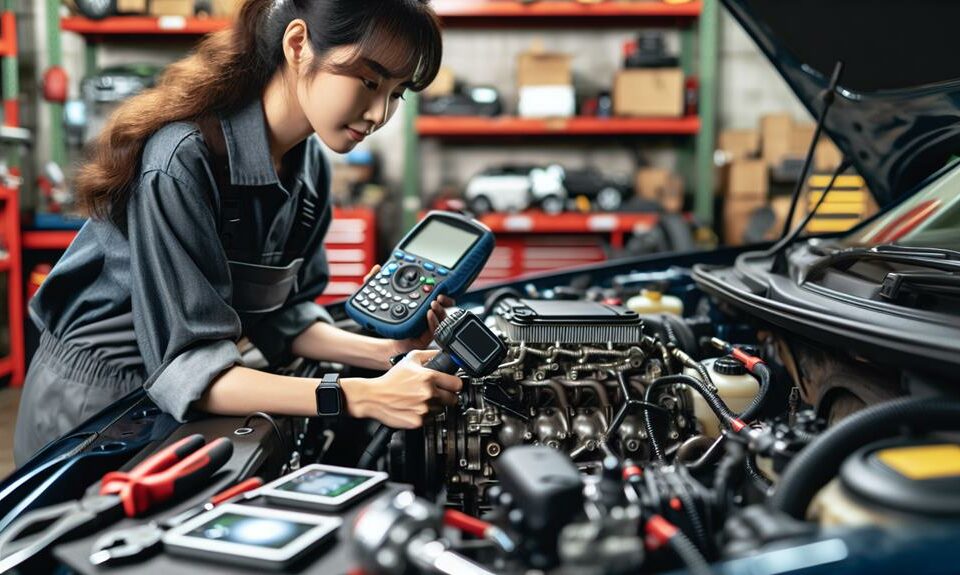Mastering the Art of Auto Mechanics

The Modern Auto Mechanic: Staying Ahead in an Evolving Industry
April 3, 2023
Auto Mechanics: The Essential Skills and Techniques
April 3, 2023Auto mechanics is a complex and demanding profession that requires a combination of technical knowledge, experience, and manual dexterity. From diagnosing problems and fixing engines to replacing parts and performing routine maintenance, auto mechanics play a critical role in keeping our vehicles running smoothly. If you’re interested in pursuing a career in this field or simply want to learn more about the inner workings of your car, then mastering the art of auto mechanics is a great place to start.
The first step to becoming an expert in auto mechanics is to gain a thorough understanding of the basics. This includes learning about the different parts of a car and how they work together, as well as the various systems that keep the vehicle running, such as the engine, transmission, and electrical system. You’ll also need to learn about the tools and equipment that are used in auto mechanics, including hand tools, power tools, and diagnostic equipment.
Once you have a solid foundation in the basics, it’s time to start building your skills. The best way to do this is through hands-on experience, so try to get as much practical experience as you can, either through a formal training program or by working with a more experienced mechanic. You can also supplement your training by reading books and taking online courses, or by attending workshops and training sessions.
Another important aspect of mastering the art of auto mechanics is to stay up-to-date with the latest technology and developments in the field. This includes keeping abreast of new tools and techniques, as well as advancements in materials and design. It’s also important to stay informed about changes in regulations and safety standards, as well as any new technologies that may affect your work as an auto mechanic.
In addition to technical knowledge and experience, there are several personal qualities that are important for success as an auto mechanic. These include attention to detail, problem-solving skills, patience, and manual dexterity. You’ll also need to be able to work well under pressure, as well as to be able to communicate effectively with both your colleagues and your customers.
One of the biggest challenges that auto mechanics face is diagnosing problems with a vehicle. This requires a combination of technical knowledge and experience, as well as a systematic approach to troubleshooting. You’ll need to be able to use diagnostic tools and equipment to determine the root cause of a problem, and then use your technical knowledge to fix it.
In conclusion, mastering the art of auto mechanics requires a combination of technical knowledge, experience, and personal qualities. Whether you’re interested in pursuing a career in this field or simply want to learn more about how your car works, the key to success is to stay informed, get hands-on experience, and continue to develop your skills and knowledge over time. With persistence and dedication, anyone can become an expert in auto mechanics.
